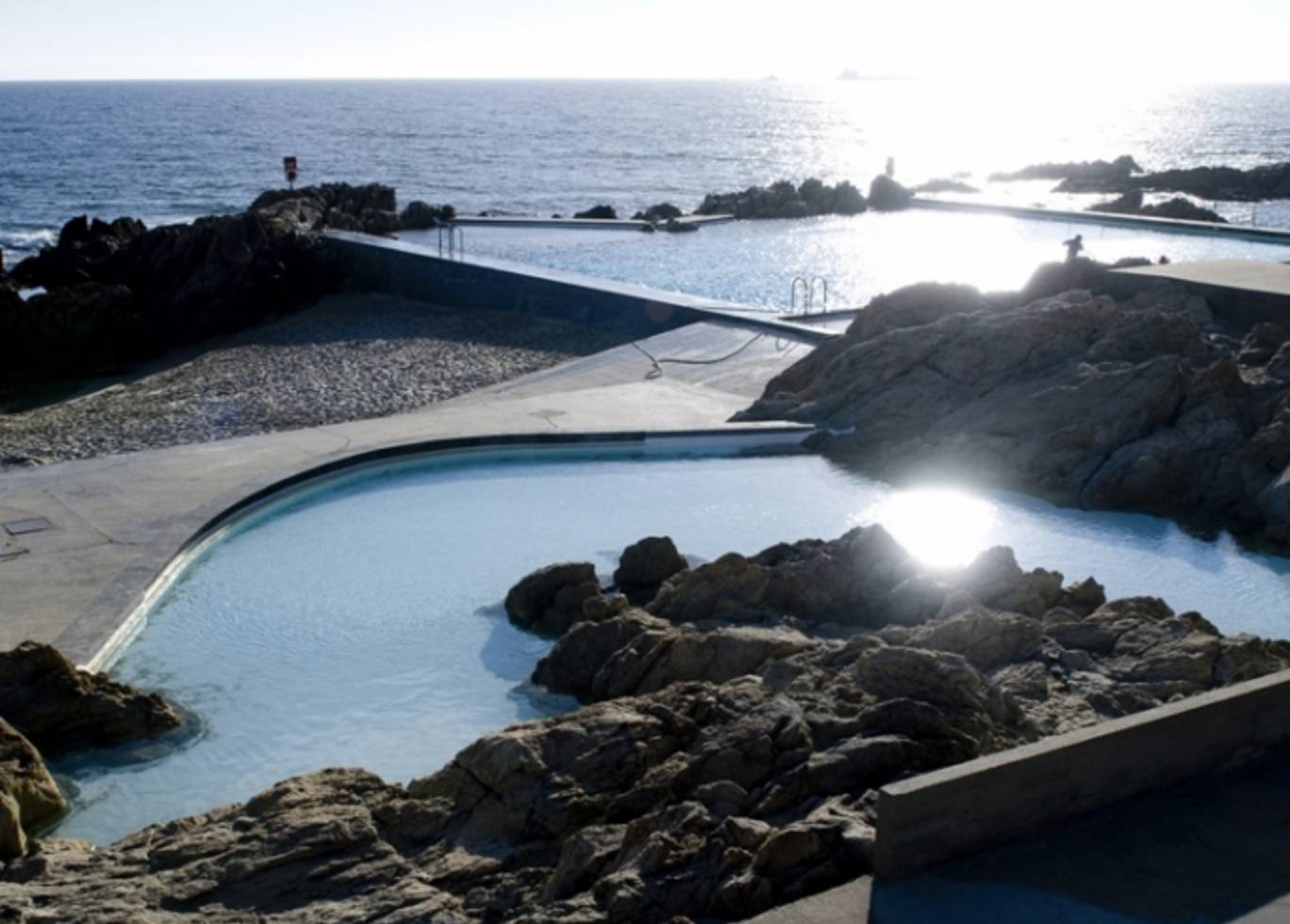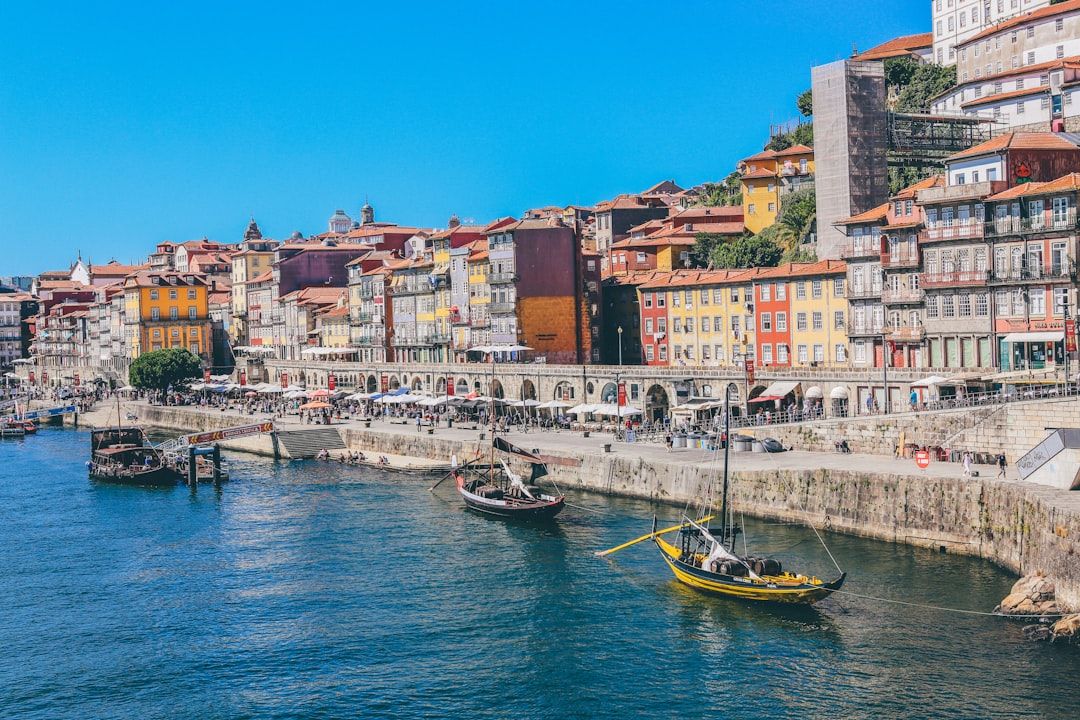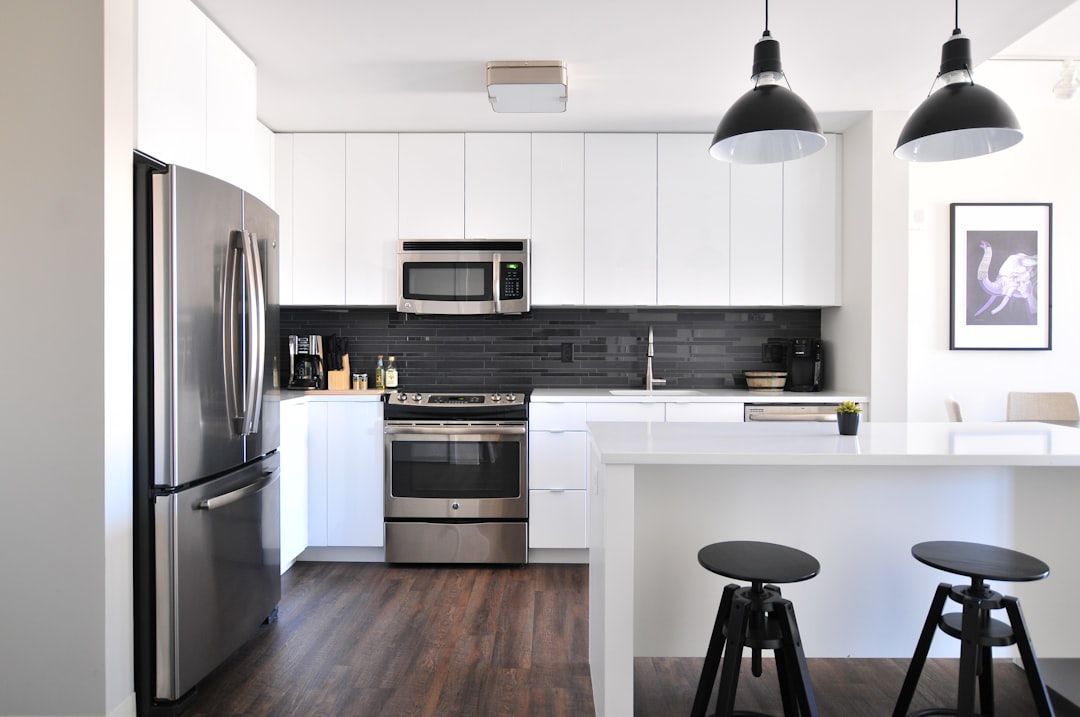
Essential Tips for Buying Real Estate in Portugal
Portugal, with its rich history, vibrant culture, and stunning landscapes, has become a sought-after destination for expats worldwide.
The allure of the country extends beyond its natural beauty and warm climate. Portugal offers a high quality of life, a safe environment, and a welcoming community. For many, the dream of living in Portugal begins with buying a property.
However, navigating the real estate market in a foreign country can be daunting. This guide aims to simplify the process of buying real estate in Portugal. It provides practical advice, insights, and essential tips to help you make informed decisions.
Whether you're looking for a cozy apartment in Lisbon, a villa by the Algarve coast, or a traditional townhouse in Porto, this guide has you covered. We'll delve into the legal requirements, financial considerations, and cultural nuances of buying property in Portugal.
We'll also explore the different types of properties available, popular regions for expats, and the current market trends.
This guide is designed to alleviate the overwhelming feeling associated with relocating to a new country.
It offers a clear, step-by-step approach to buying real estate in Portugal, making your transition smoother and less stressful.

By the end of this guide, you'll be well-equipped to embark on your property buying journey in Portugal. Welcome to your new adventure.
Understanding the Portuguese Real Estate Market
The Portuguese real estate market has seen significant growth over the past decade. This growth has been fueled by a combination of factors, including favorable tax regimes, the Golden Visa program, and a surge in tourism. The market offers a wide range of properties, from modern city apartments to traditional country homes.
Prices vary greatly depending on the location, type of property, and its condition.
Understanding the dynamics of the market is crucial to making a successful investment.

Current Market Trends
The Portuguese real estate market has remained resilient despite global economic uncertainties. In recent years, there has been a shift towards the suburbs and smaller cities, driven by the desire for more space and a better quality of life. The demand for properties with outdoor spaces, such as gardens and terraces, has also increased.
Sustainability and energy efficiency are becoming increasingly important factors for buyers.
Popular Regions for Expats
Portugal offers a diverse range of locations to suit different lifestyles and preferences.
- Lisbon, the capital, is known for its historic charm, vibrant nightlife, and cultural diversity.
- The Algarve region, with its stunning beaches and golf courses, is a favorite among retirees.
- Porto, famous for its wine and beautiful architecture, offers a more laid-back lifestyle.
For those seeking tranquillity and nature, central and northern Portugal offer beautiful landscapes and a lower cost of living.
Impact of Climate and Culture on Real Estate
Portugal's climate varies from north to south, influencing the type and design of properties. In the sunny Algarve, properties often feature terraces and swimming pools. In the cooler, rainier north, homes are built to withstand the weather, with features like fireplaces and insulation.
The local culture also impacts the real estate market.
Properties in areas with a strong sense of community, local festivals, and traditional architecture are particularly appealing to those looking to immerse themselves in the Portuguese lifestyle.
Legal Considerations for Foreign Buyers
Buying real estate in Portugal involves several legal considerations. Foreign buyers are subject to the same property rights as Portuguese citizens. However, there are specific requirements and procedures that foreign buyers need to be aware of.
Understanding these legal aspects is crucial to ensure a smooth and successful property purchase.
Here are some key legal considerations:
- Obtaining a NIF (Tax Identification Number)
- Understanding the Promissory Contract
- The role of lawyers and legal due diligence
Obtaining a NIF (Tax Identification Number)
A NIF, or Número de Identificação Fiscal, is a tax identification number. It is required for all property transactions in Portugal. You can obtain a NIF from the local tax office, or Finanças, either in person or through a Portuguese fiscal representative.
Understanding the Promissory Contract
The Promissory Contract, or Contrato de Promessa de Compra e Venda, is a key part of the property buying process in Portugal. This legally binding contract outlines the terms of the sale, including the purchase price, payment schedule, and completion date. Both the buyer and seller sign the contract, and a deposit is usually paid at this stage.
The Role of Lawyers and Legal Due Diligence
Engaging a lawyer is highly recommended when buying property in Portugal. A lawyer can guide you through the legal process, conduct due diligence checks on the property, and ensure that all paperwork is in order. They can also represent you in negotiations and at the property closing.
Choosing a lawyer who is experienced in Portuguese real estate law and speaks your language can make the process much easier.
Finding the Right Property in Portugal
Finding the right property in Portugal is an exciting journey. The country offers a diverse range of properties to suit different tastes and budgets. Whether you're looking for a city apartment, a coastal villa, or a rural farmhouse, Portugal has it all.
However, finding the perfect property requires careful research and consideration.
Factors such as location, property type, price, and potential for rental income all play a role in your decision.
Types of Properties Available
Portugal offers a wide range of property types for buyers. These include apartments, villas, townhouses, farmhouses, and even unique properties like vineyards and windmills. Apartments are common in cities like Lisbon and Porto, while villas and townhouses are more prevalent in coastal areas and the Algarve region.
Rural areas offer farmhouses and country homes, often with plenty of land and stunning natural surroundings.
Each property type has its own appeal and considerations, so it's important to choose the one that best suits your lifestyle and investment goals.
Property Inspections: What to Look For
Once you've found a property you're interested in, it's crucial to conduct a thorough inspection. This can help identify any potential issues with the property, such as structural problems, damp, or outdated electrical systems. It's advisable to hire a professional surveyor or architect to conduct the inspection. They can provide a detailed report on the property's condition, which can be invaluable when negotiating the price or deciding whether to proceed with the purchase.
Financial Aspects of Buying Real Estate in Portugal
Buying real estate in Portugal involves several financial considerations. Understanding these can help you budget accurately and avoid unexpected costs. These considerations include property prices, taxes, legal fees, notary charges, and potential financing options.
It's also important to consider the ongoing costs of owning a property in Portugal, such as annual property taxes, maintenance costs, and potential homeowners' association fees. Let's delve into these aspects in more detail.
Understanding Taxes, Fees, and Notary Charges
When buying a property in Portugal, several taxes and fees apply. The most significant is the Property Transfer Tax (IMT), which is a progressive tax based on the property's purchase price.
There's also the Stamp Duty, which is a fixed rate applied to the property's value.
Legal fees are another cost to consider. These cover the services of a lawyer, who can help you navigate the legal aspects of the property purchase.
Finally, notary charges cover the cost of notarizing the property deeds and other legal documents.
Financing Options for Expats
If you need financing to buy a property in Portugal, several options are available. Many Portuguese banks offer mortgages to foreign buyers, although the terms and conditions can vary.
Interest rates in Portugal are relatively low compared to other European countries, making a mortgage an attractive option for many buyers. However, it's important to factor in the additional costs of a mortgage, such as application fees, appraisal fees, and mortgage insurance.
Cultural Insights for Property Buyers
Buying real estate in Portugal is not just a financial investment. It's also a cultural journey.
Understanding the local culture and community can greatly enhance your experience as a property owner in Portugal. It can also help you make informed decisions about where to buy and how to manage your property.
Integrating into the Portuguese Community
Integration into the local community is a key part of living in Portugal. This involves understanding local customs and traditions, participating in community events, and building relationships with your neighbors.
It's also important to respect the local way of life and to be aware of any cultural sensitivities.
For example, in many Portuguese communities, siesta time in the afternoon is observed and it's considered disrespectful to make noise during this time.
Learning Portuguese and Bilingual Services
While many Portuguese people speak English, especially in the cities and tourist areas, learning Portuguese can greatly enhance your experience. It can help you communicate with locals, understand legal documents, and feel more at home in your new community.
There are many language schools and online resources available to help you learn Portuguese. Alternatively, you can also seek out bilingual services, such as lawyers and real estate agents, to assist you in the property buying process.
Networking with Other Expats
Connecting with other expats can be a valuable source of support and advice when buying real estate in Portugal. They can share their experiences, recommend reliable services, and provide insights into the local real estate market.
There are many expat communities and online forums where you can connect with others who have made the move to Portugal.
The Buying Process: From Offer to Closing
The process of buying real estate in Portugal involves several steps. From making an offer to closing the deal, each step requires careful consideration and understanding. It's important to be patient and thorough during this process to ensure a smooth transaction.
Making an Offer and Negotiating Terms
Once you've found a property you're interested in, the next step is to make an offer. This is usually done through your real estate agent, who will communicate your offer to the seller. It's important to remember that the asking price is often negotiable, and it's common to offer a lower price initially.
Your real estate agent can guide you in this process, taking into account the current market conditions and the property's value.
Completing the Purchase: Steps and Timeline
After your offer is accepted, the next step is to sign a promissory contract (Contrato de Promessa de Compra e Venda). This contract outlines the terms of the sale and requires a deposit, usually 10-30% of the purchase price.
The final step is the deed of sale (Escritura Publica de Compra e Venda), which is signed in front of a notary. The notary will then register the property in your name, completing the purchase.
The entire process can take several months, so it's important to plan accordingly.
After the Purchase: Settling In and Managing Your Property
Once you've completed the purchase, the next step is settling into your new home and managing your property. This involves understanding the ongoing costs, managing rental properties if applicable, and planning for the future.
Understanding Annual Taxes and Maintenance Costs
As a property owner in Portugal, you'll be responsible for annual taxes and maintenance costs. The Municipal Property Tax (IMI) is an annual tax based on the property's tax value. Maintenance costs can vary depending on the type of property and its condition.
It's important to budget for these ongoing costs to ensure you can comfortably afford your new property.
Property Management for Rental Properties
If you plan to rent out your property, you may want to consider hiring a property management company. These companies can handle everything from finding tenants to dealing with maintenance issues. While this does come at a cost, it can save you a lot of time and hassle, especially if you're not living in Portugal full-time.
Remember to factor in these costs when calculating potential rental income.
Conclusion: Embracing Your New Life in Portugal
Buying real estate in Portugal is more than just a financial investment. It's a commitment to embracing a new lifestyle, a new culture, and a new community. The process may seem daunting at first, but with careful planning and the right guidance, it can be a rewarding journey. The key is to be patient, do your research, and seek advice from professionals and other expats.
Remember, the goal is not just to buy a property, but to create a home. A place where you can immerse yourself in the Portuguese way of life, enjoy the country's rich history and culture, and build lasting relationships with your new neighbors.
So, whether you're dreaming of a villa by the sea, a townhouse in a bustling city, or a quaint cottage in the countryside, Portugal has something to offer. Here's to your new adventure in this beautiful country. Boa sorte (good luck)!
